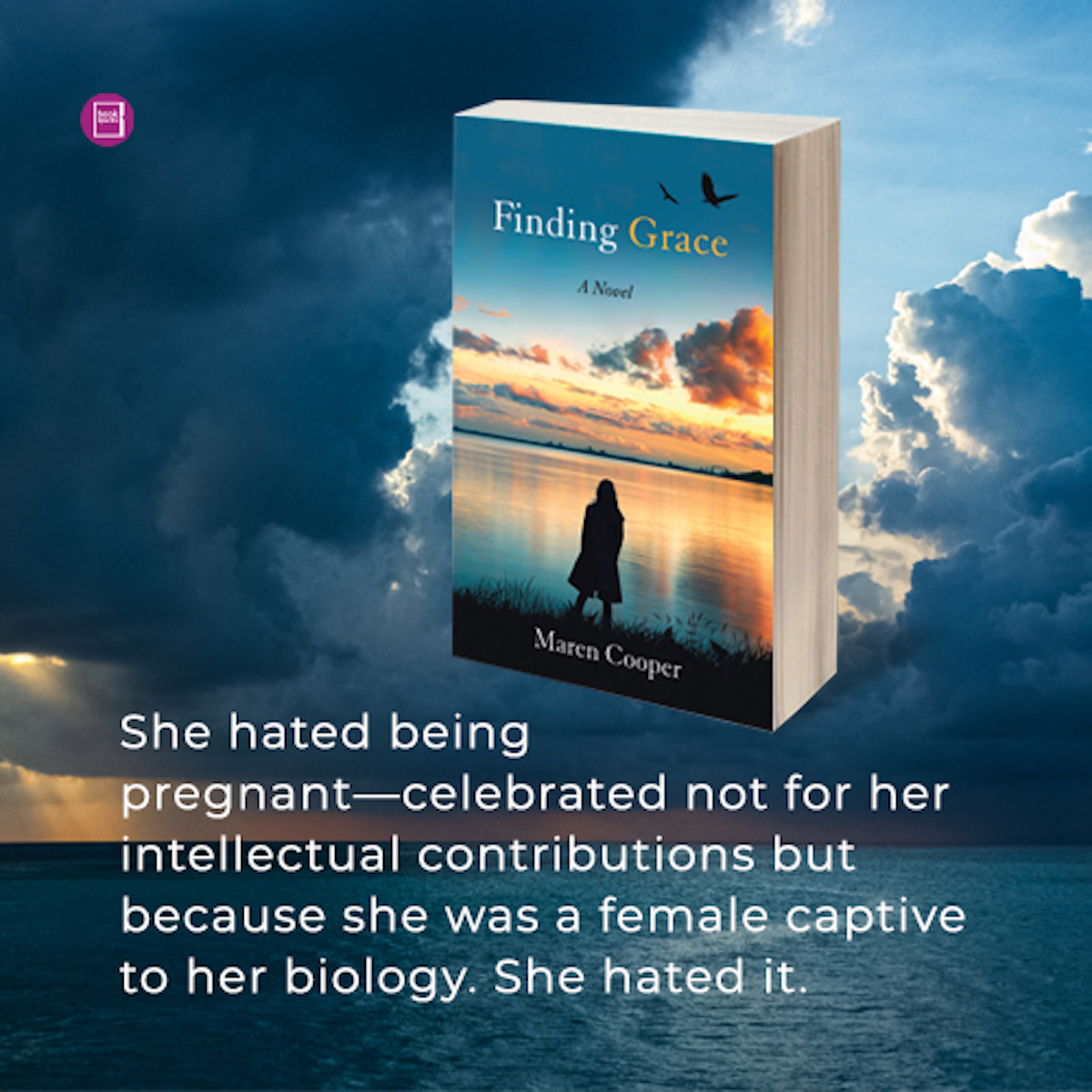By now, many have read Finding Grace, and have deep feelings about Caroline and her style of mothering. One of my early reviewers used the term “loathsome” to describe Caroline, who, many have cast as the villain in the story, even when she was tricked by Charlie—and put in a position she never wanted. This conundrum of villainy is rich for discussion and I can’t help but play with it, probably several times!
Today, a detour to the literary giant Elena Farrante, whose delicious book made into a movie this past year pulled me in as a magnet. I was drawn to the Netflix film “The Lost Daughter” as a fan of Olivia Coleman’s, and was intrigued that Maggie Gyllenhaal, a gifted actress, would take on the task of bringing an Elena Farrante novel to the screen as her debut movie project. For me, Farrante is a cultivated taste—her Neapolitan novels caused a sensation when they were first published in 2011-2014. Written as four components of one work of fiction, the author’s focus is on the subtleties of class and gender through a rather dark friendship between two Italian girls who grow up in a poor neighborhood on the outskirts of Naples in the era of the 1940’s. The coming-of-age story follows them through to their middle-age. I read the first of the four, “My Brilliant Friend,” and decided to forego the others for later. And later has never arrived.
What did arrive was the movie version of an earlier novel by Elena Farrante, The Lost Daughter. Olivia Colman plays the role of Leda, a classic literature translator who goes to a Grecian locale to unwind; but her quiet vacation takes an unsettling turn when her fixation on a young mother staying at a nearby villa awakens memories of her own early years of motherhood before she left her young children. Now middle-aged and divorced, she suffers from an estranged relationship with her grown daughters. Leda forms an odd kinship with the young mother, Nina (Dakota Johnson) and her infant daughter, in a warily reciprocated bonding over shared misgivings about motherhood and what it requires. How Leda recaptures the memories of her relationship with her daughters using Nina as a lens back to her early motherhood forms the rest of the story.
In the film, one easily picks up the similarity between present day Nina, and Leda, earlier in her marriage and motherhood. It’s no secret that Nina is having an extramarital affair and overwhelmed with the near constant demands of dealing with a toddler. This triggers Leda’s flashbacks to how she gave in to her own temptations to leave her marriage and children for another man and to focus all of her energies on the affair and her academic climb to full professor.
“Children are a crushing responsibility.” Leda says in empathy with Nina. Clearly, Leda left that crushing responsibility to live on her own terms, rather than struggle to live her life for someone else. And now, in a rare moment of vacation repose, she must struggle to reconcile her past.
The movie’s confrontational edge is psychologically harrowing and painful to watch. It’s also conceivable that Leda is emotionally disturbed to the point of being an unreliable narrator.
What the story imparts has incredible heft in the manner in which it so sharply delineates the female identity. Why is it that motherhood is biologically confined to the time a woman is determining her life path, puzzling with the inherent conflicts of a possible marriage, the unpredictability of love and passion, and the certainty of difficulties in child-rearing?
Any of the above can either confound or obstruct the free expression of ones’ need for self expression and growth toward maturity. Life choices crowd women of child-bearing age when the stakes couldn’t be higher.
Are Leda and Nina bad mothers? How many mother types are acceptable? Did Leda have voice in the decision for motherhood or did the conformity of the times speak for her?
Societal norms about motherhood have shifted over time, but judgment for the woman who neglects or abuses her children remains harsh. A woman who abandons her children is viewed differently than a father who leaves his family. But what about the woman who chooses not to bear children. What about the woman who knows that it is wrong for her? Choices for women have always been constrained, and remain so.
In my novel, Finding Grace, Caroline, the reluctant mother, states that she was not meant to be a mother. But, she is tricked into a pregnancy she doesn’t want. She agrees to proceed after her husband assures her he will be the parent in the household. Is this acceptable? Is it workable? And what damage will follow?

Leave A Comment